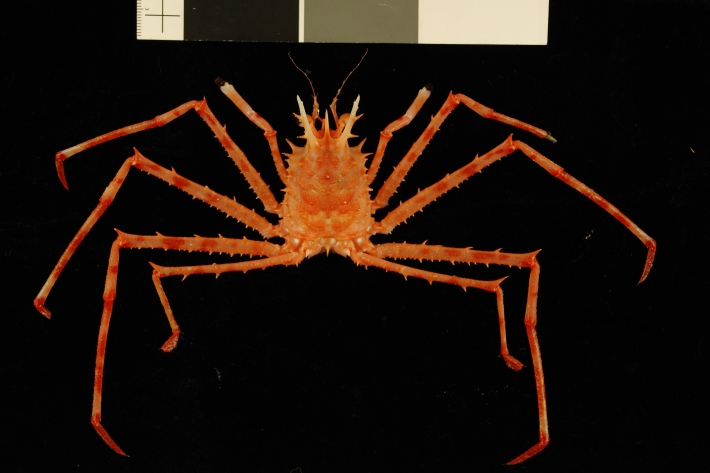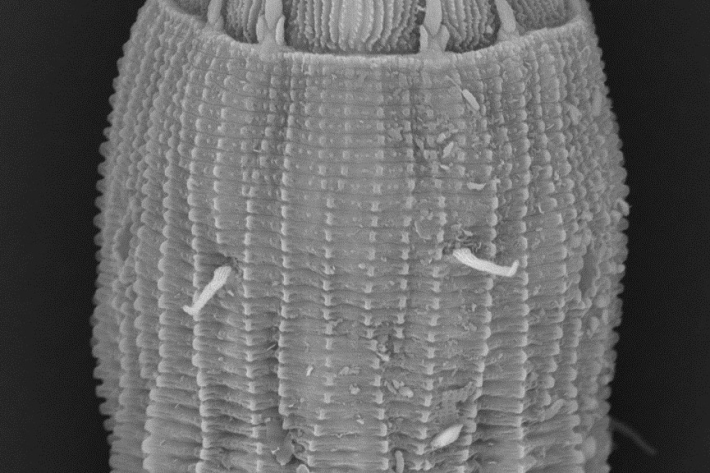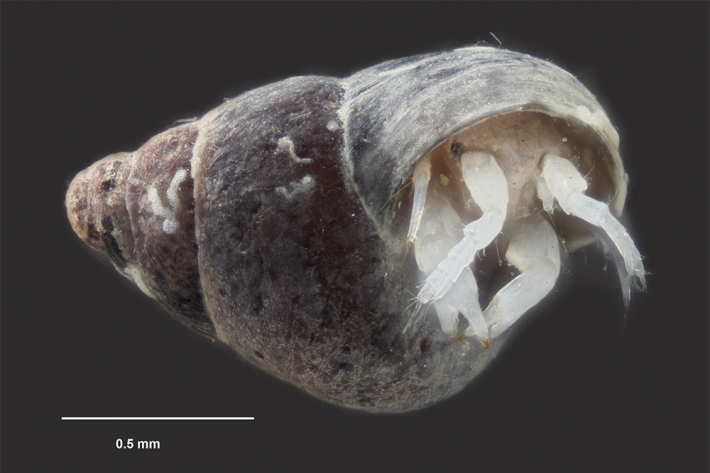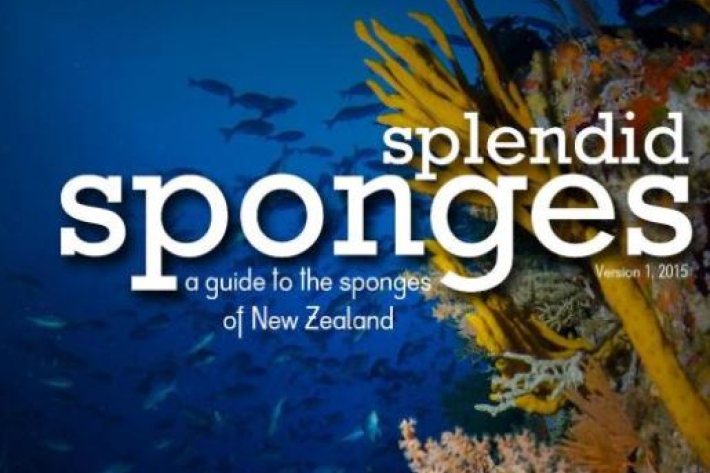-

NIWA counting fish in Marlborough Sounds
Media release24 September 2015Recreational fishers in the Marlborough Sounds, Tasman and Golden Bays are being approached at boat ramps in the region in the hope they will provide information on their catches for a research survey. -

2012 - Orange roughy in situ
Moored underwater cameras have exposed the secret lives of orange roughy nearly 900 metres below the ocean surface. -

The tempers and tantrums of spring
Blog22 September 2015Just as we were ready to dust of our Jandals, you may be wondering why suddenly it feels as though we have been hit with a second winter! -

Critter of the Week: Dagnaudus petterdi – the antlered crab
Although it boasts a pretty nice pair of antlers, you won’t be seeing today’s critter pulling Santa’s sled anytime soon, being a small crab that lives at great depths. -

NIWA Biodiversity Memoirs
The NIWA Biodiversity Memoir series comprises comprehensive, definitive, illustrated reference works that capture the rigorous, peer-reviewed scientific study of New Zealand’s distinctive marine fauna and flora. -

Marine identification guides and fact sheets
On this page you will find useful information and resources on New Zealand's marine flora and invertebrate fauna. -

Critter of the Week: a new species under our feet -update
This week we re-visit a recent blog featuring some new nematode worm species discovered at Hataitai beach in Wellington. -

Counting the economic benefits of environmental research
Feature story08 September 2015New Zealand economists and NIWA have counted the economic benefits from investing in environmental research. -
NIWA launches two new marine identification e-guides: Coastal Crabs and Splendid Sponges
News article08 September 2015Where in New Zealand might you find a witchy finger sponge or a pie-crust crab? The answer will be found in New Zealand’s first series of electronic identification guides for marine invertebrates. -

NIWA science delves into ocean acidification
Media release07 September 2015NIWA scientists are to undertake a major research project to determine how New Zealand’s marine ecosystems are faring under climate change. -

NIWA Science & Technology Fair organisers and judges receive special thanks
News article04 September 2015The 2015 NIWA Regional Science & Technology Fairs have been a resounding success with over 1800 students competing from more than 130 schools. -

Critter of the Week: Macrolabrum maui – a hermit with a difference
Some of our colleagues have just published an article on a new species of tanaid from New Zealand that was found living inside tiny gastropod shells!

